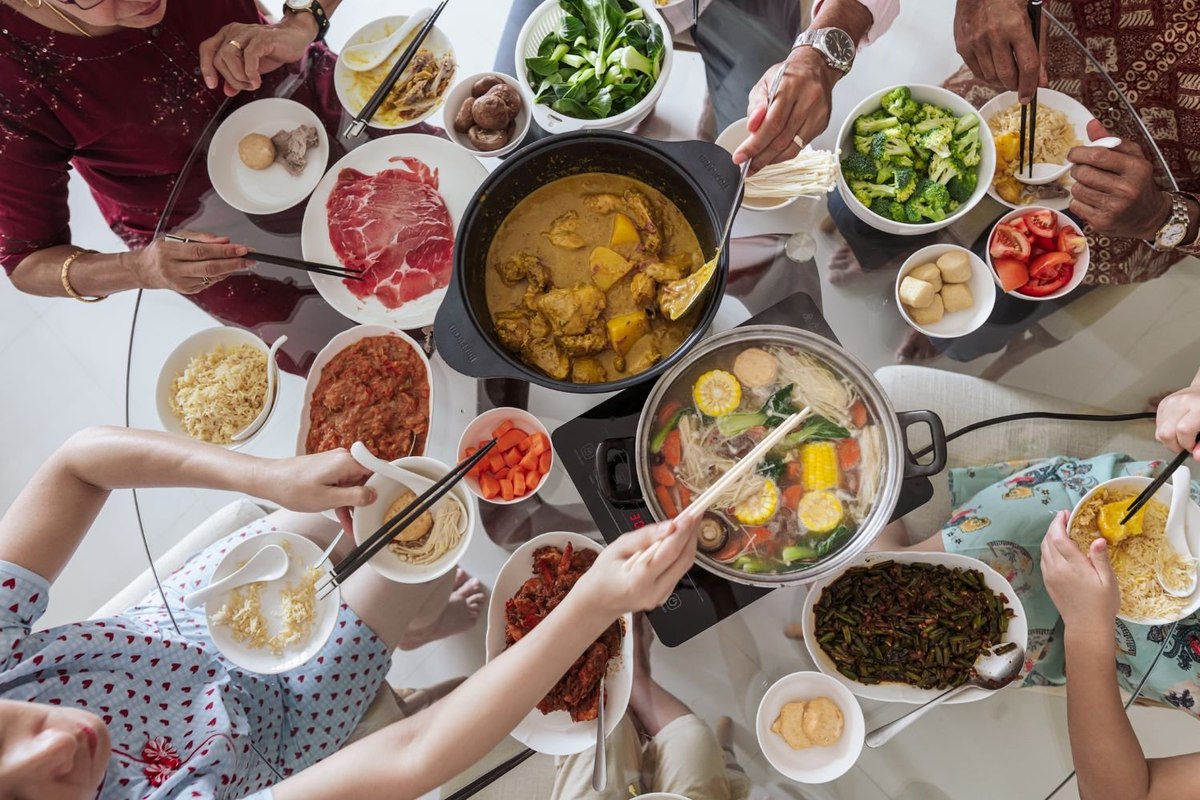
World Food Day: What are Singapore’s major dietary preferences – and most favourite cuisines?
Earlier this year in January, we explored data from YouGov Profiles which revealed that more than a third of Singaporean consumers say they are actively trying to reduce their meat consumption.
Now, ahead of World Food Day, latest research by YouGov reveals how the widespread adoption of alternative diets in which little or no meat is consumed has grown in Singapore – some ten months later.
In this article, we uncover the proportion of Singaporeans who subscribe to various diets, what most influences the food choices of different diet followers, and how various cuisines rank in popularity by diet type.
Alternative diets in Singapore: how common are they?
Latest YouGov Surveys research shows that half of consumers in Singapore (51%) consider themselves as meat eaters. About a fifth (18%) see themselves as flexitarians who eat a primarily plant-based diet, but still occasionally consume meat and fish.
Only 5% of consumers adopt a fully plant-based diet (i.e. vegetarian) that may exclude all animal products, such as eggs and milk (i.e. vegan).
Pescetarians, who eat seafood – but not meat from land animals – in addition to plant-based foods make up just 3% of all Singapore consumers.
While a meat eater’s diet is the most common one across genders, men are significantly (57%) more likely than women (47%) to regularly consumer meat and poultry.
Meanwhile, women (21%) are slightly more likely than men (16%) to be flexitarians.
Across generations, a meat eating diet is most common – but especially among Gen Z, where over three in five say they regularly consume meat or poultry. In contrast, Baby Boomers are significantly less likely to, with less than half saying the same.
Close to a quarter of Baby Boomers consider themselves flexitarians – significantly higher than other generations, especially Gen Z.
What do Singaporeans of various dietary preferences most consider when making food choices?
Taste is the top priority of meat eaters and pescetarians when deciding what to eat. But while price/costs is the next most significant consideration among meat eaters – ahead of how healthy a food is – the reverse is true for flexitarians.
Health, on the other hand, is the top priority of vegetarians/vegans – ahead of price and taste.
Meanwhile, taste and health are equally significant considerations for flexitarians deciding what to eat, ahead of price.
What are Singaporeans’ most favourite cuisines – across different diet types?
Overall across diet types, Chinese, Japanese and Thai stand out as the top most favoured cuisines.
Chinese is the most popular cuisine among meat eaters, flexitarians, vegetarians/vegans.
Japanese is most popular among pescetarians, and second most popular among meat eaters and flexitarians and third among vegetarians/vegans.
Thai is second most popular among pescetarians, third among meat eaters and flexitarians, but comes in sixth among vegetarians/vegans after Italian and Korean.
Indian is second most popular among vegetarians/vegans, but ranks to fifth to eighth among other diet followers.
French and Vietnamese are much more popular among pescetarians, where it takes fourth and fifth spot. Among other diets, French rounds out the top ten, while Vietnamese comes eight among meat eaters but is not within top 10 for primarily/fully plant-based eaters.
Methodology: YouGov Surveys: Serviced provides quick survey results from nationally representative or targeted audiences in multiple markets. This study was conducted online in October 2023, with a national sample of 1,027 Singapore residents, using a questionnaire designed by YouGov. Data figures have been weighted by age, gender, and ethnicity to be representative of all adults in Singapore (18 years or older), and reflect the latest Singapore Department of Statistics (DOS) estimates. Learn more about YouGov Surveys: Serviced.
Cover Photo by Koh Sze Kiat
